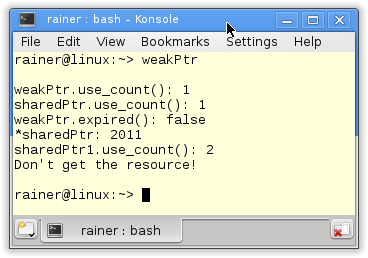
std::weak_ptr
/
0 Comments
std::unique_ptr models the concept of exclusive ownership, std::shared_ptr the concept of shared ownership.…
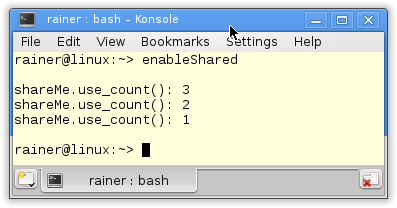
Specialities of std::shared_ptr
After I draw the big picture of a std::shared_ptr in the last post, I want to present two special aspects…
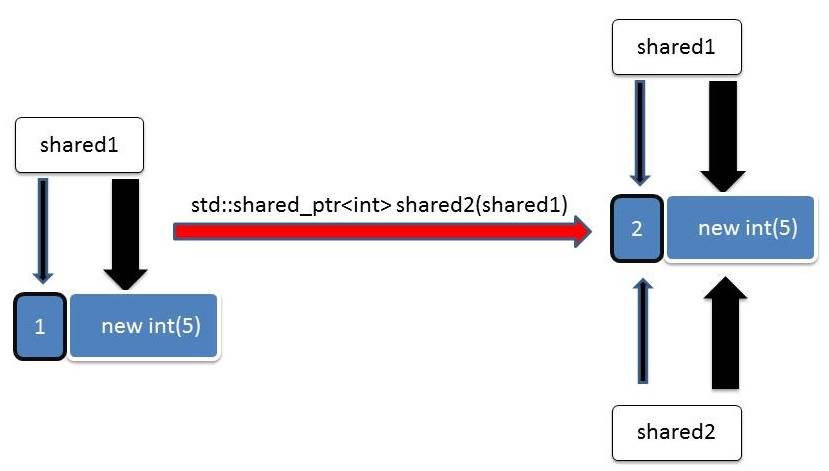
std::shared_ptr
std::shared_ptr's share the resource. The shared reference counter counts the number of owners. Copying…
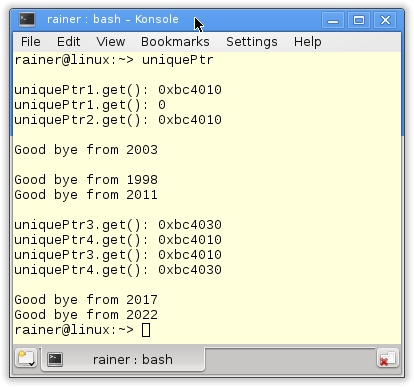
std::unique_ptr
According to the RAII idiom, a std::unique_ptr manages automatically and exclusively the lifetime of…

Memory and Performance Overhead of Smart Pointers
C++11 offers four different smart pointers. I will have a closer look in this post regarding memory and…
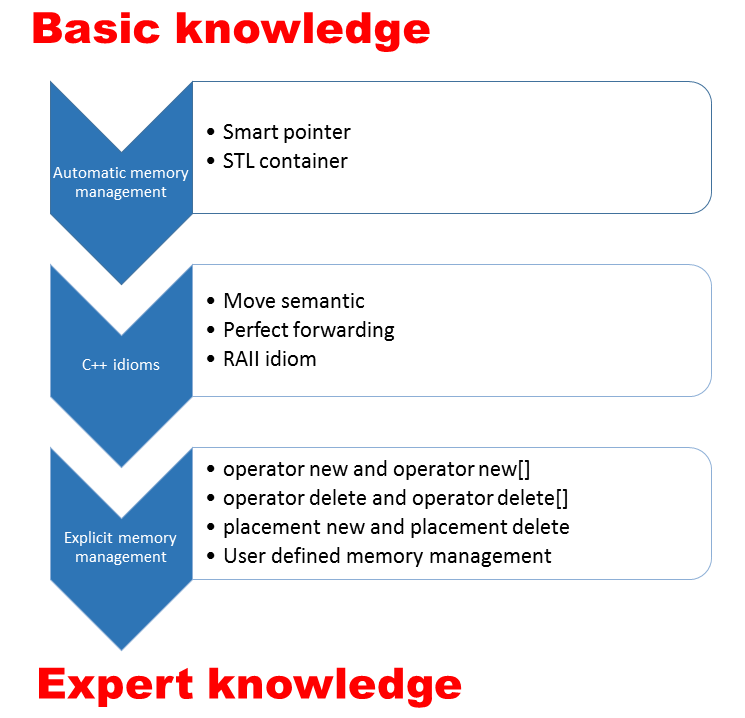
Careful Handling of Resources
The careful handling of resources - may it be, for example, memory, files, or sockets - is a key concern…
Generalized Plain Old Data
Plain Old Data (POD) obeys the C standard layout. Therefore, you can directly apply the fast C functions…
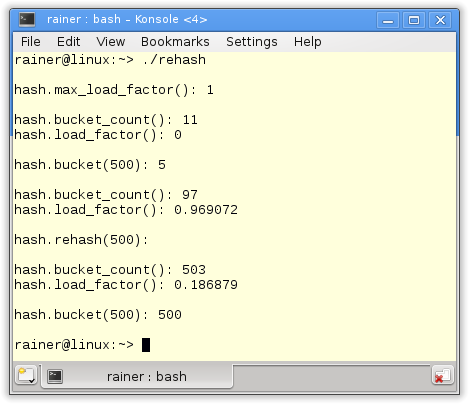
Buckets, Capacity, and Load Factor
The hash function maps a potentially infinite number of keys on a finite number of buckets. What is the…
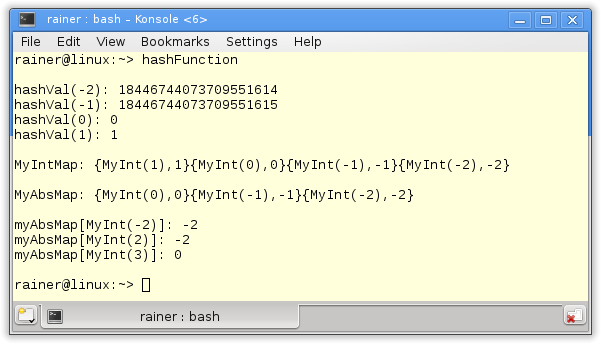
Hash Functions
The hash function is responsible for the unordered associative containers' constant access time (best…
Associative Containers – A simple Performance Comparison
Before I take a deeper look insight the interface of the hash tables - officially called unordered associative…
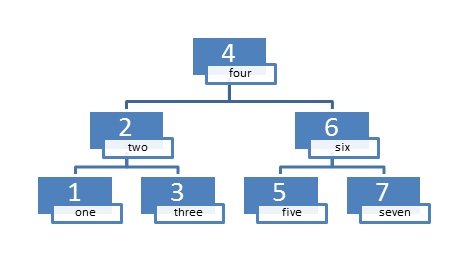
Hash Tables
We missed the hash table in C++ for a long time. They promise to have constant access time. C++11 has…
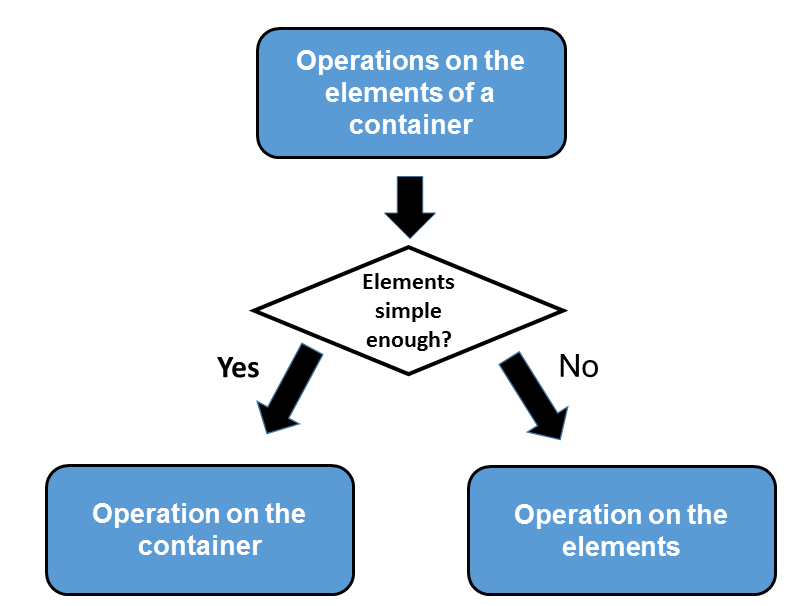
Type-Traits: Performance Matters
If you look carefully, you see type-traits have a big optimization potential. The type-traits support…
